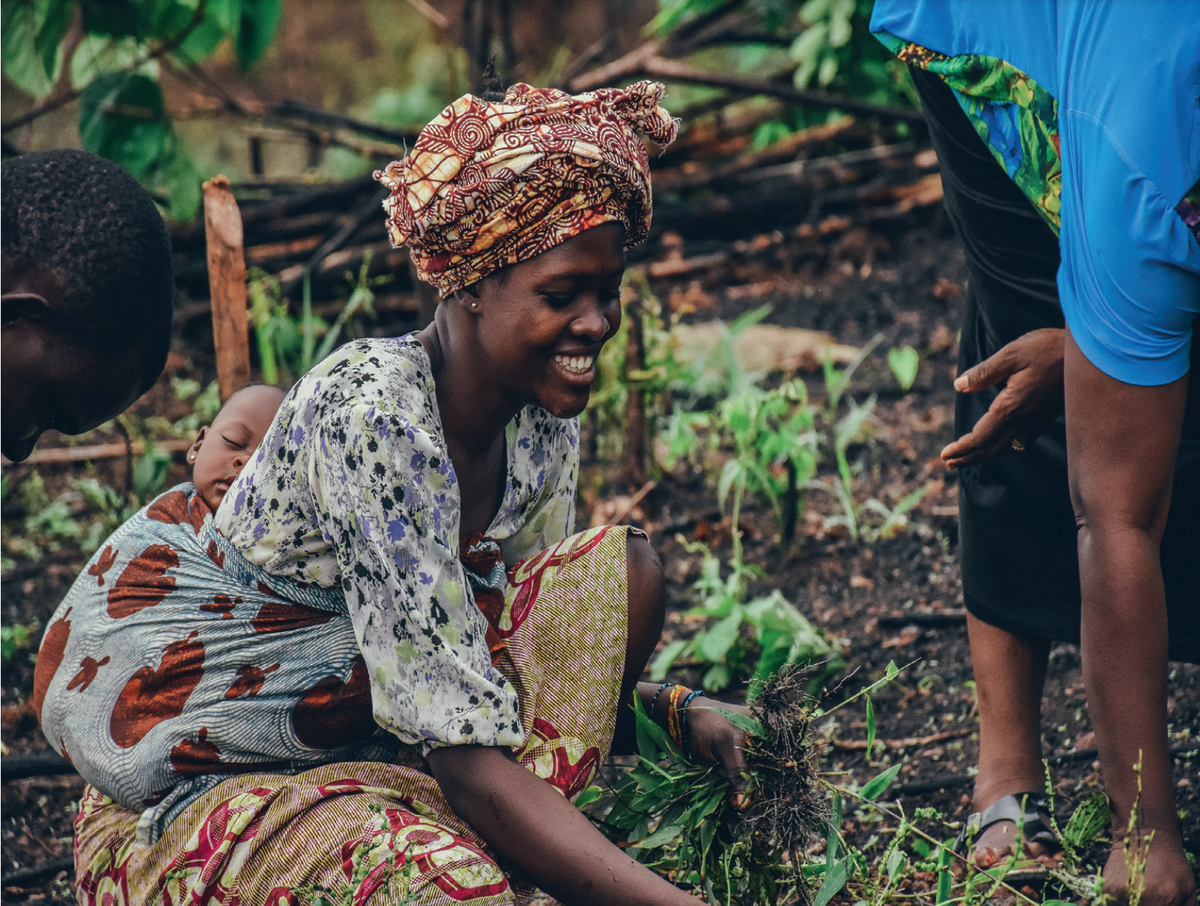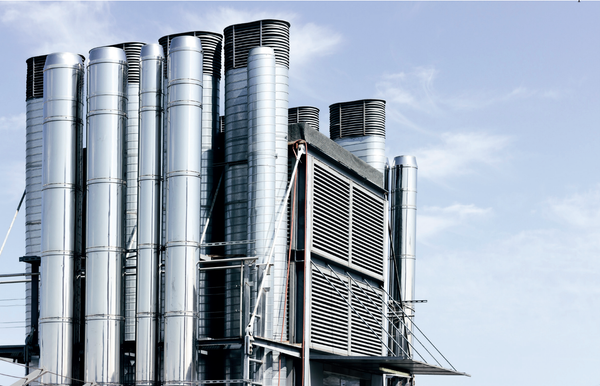Sustainability requires a broader definition of technology
Sustainable 'technologies' should have a broader definition that encompasses nature-based solutions

Trying to build a more sustainable world can feel daunting and full of loose ends. Perhaps that is the problem: we are fixated on using the term build. When we think of building we think of heavy infrastructure or scaling new technologies from scratch. We do not think of the more subtle solutions of the natural world; a world that does not build but grows and recycles. It adapts.
Carbon capture technologies have been receiving a lot of attention recently. Orca, the carbon removal plant housed in Iceland and conceived by the Swiss, started its operations in early September. Orca inhales CO2 from the atmosphere, mixes it with water and sends it deep into the earth’s surface for it to mineralise.
Annually, the plant will extract roughly 4000 tonnes of CO2 emissions. According to Our World in Data the UK was responsible for close to 370 million tonnes of CO2 in 2019. As you can see there are some obvious scalability issues here, particularly given the millions of dollars price tag.
Given the urgency of the climate crisis, we clearly cannot rely on these technologies alone. We don’t even know if there will be any second-order effects involved in the process, which would certainly increase the cost from a non - pecuniary perspective. Sustainability requires working with nature not simply mimicking its processes.
Another well-documented form of carbon capture involves seaweed farms. Not only does seaweed act as a carbon sink but the algae is used in a number of foods, fertilisers and cosmetics. A charity called The Climate Foundation are hoping to incubate a more productive growing environment for seaweed by artificially upwelling the water using various renewable-energy powered turbines.
Whilst this provides a more subtle form of geo-engineering than Orca we again still don’t know what the local ecological impacts may be of these turbines. Provided we expand our definition of technology we have a whole spectrum of carbon capture technologies. The range being how symbiotic they are with the natural world. In essence, are they nature-based solutions or not? Perhaps regenerative agriculture, which involves rebuilding carbon-sequestering topsoil by restoring its degraded biodiversity, is a step closer to the symbiosis. At least for this we have a second-order effect of nutrient-dense food production.
Julia Watson, an architect and expert on nature-based design, spent years travelling around the world to study indigenous technologies. An example being the deep-rooted tree bridges of the Khasi people from Northern India; which tame the effects of the monsoon. These solutions promote adaptation and symbiosis with the natural world. Or in her words: ‘Indigenous technologies advance Darwin’s theory from survival of the fittest to survival of the most symbiotic.’
Carbon capture technologies such as Orca are easily marketable pieces of technology. Yet in regenerative agriculture it is not just the process mimicking the natural world, but the whole operational design is built around the natural system. Trying to sell this form of technology is perhaps a little trickier. It is harder to market healthy soil and seaweed than a carbon removal plant in Iceland. ere is an asymmetry of publicity that perhaps doesn’t reflect the holistic efficacy of nature-based solutions over current geo-engineering projects.
So why does this matter? Well, we need to consider the economic concept of opportunity cost. Building a sustainable future cannot fall exclusively to engineering. Nor do we have the time or resources to do so. We have to way up the opportunity cost of our efforts. The concept stems from our limited resources; time being one of them.
We need to expand our definition of technology when thinking about solutions as there will not be one panacea to climate change, let alone one silver bullet in tackling the CO2 problem. Technology is not the monopoly of the laboratory. We have to couple this with nature-based solutions.
Creating a more sustainable world will need to involve technologies from both the tacit knowledge that Karl Polanyi described as well as the more explicit form of knowledge more prevalent in our classrooms. Tacit knowledge is found aplenty in nature based solutions and is ubiquitous in indigenous technologies. e Orca plant is a manifestation of the more explicit form of knowledge.
So what is the right balance when we are looking at environmental technologies such as carbon capturing? It is not just a question of engineering, but of economics and ecology. Whilst we should be looking to scale and develop technologies such as Orca we need to end the Aristotelian mean between using these engineering feats as well as those technologies that are more symbiotic with the natural world. We need to account for the second-order effects of such projects and consider not just net-zero, but sustainability beyond this.
‘Build Back Better’ has been caricatured and over-exhausted during the Covid-19 pandemic. No one really knows what this means. However, if the slogan includes trying to build a more sustainable world then we likely need to think about both adaptive and preventative technologies; both nature-based solutions and engineering solutions.
Sustainability cannot be achieved by further distancing ourselves from the natural world but by aligning with it. The almost negligible impact of the Orca project shows that we need nature-based solutions for both short-term adaptation and long-term sustainability.









